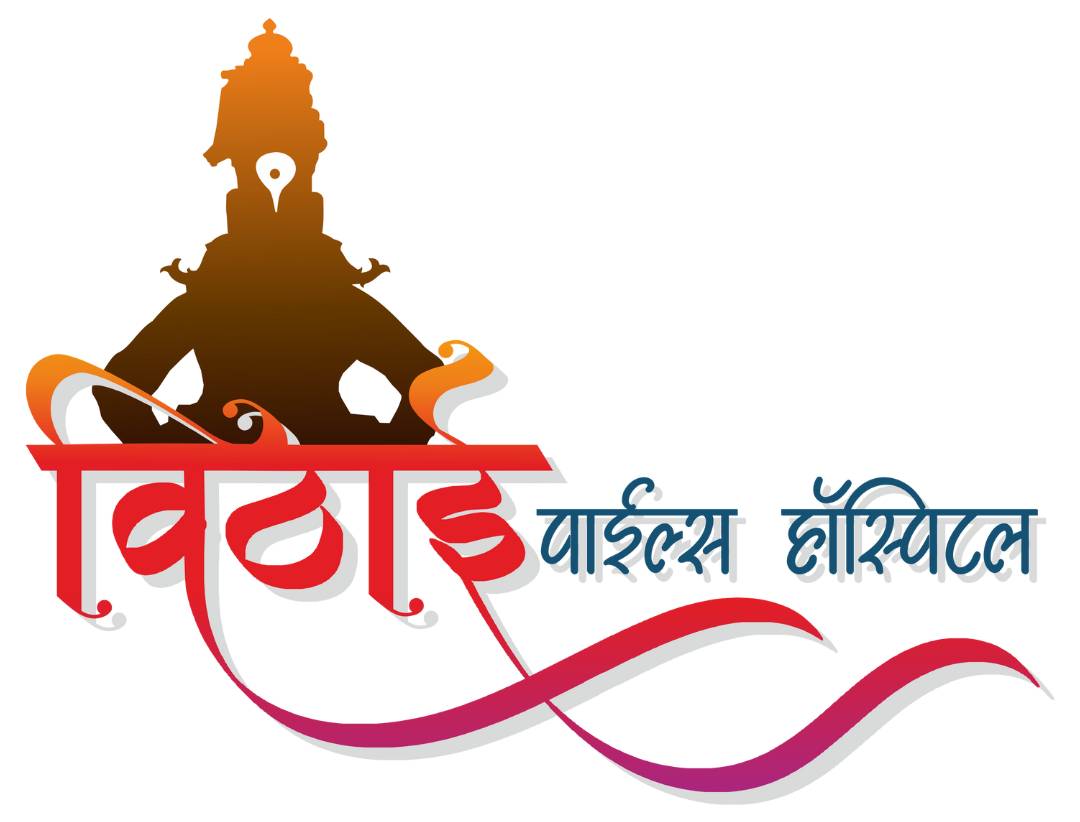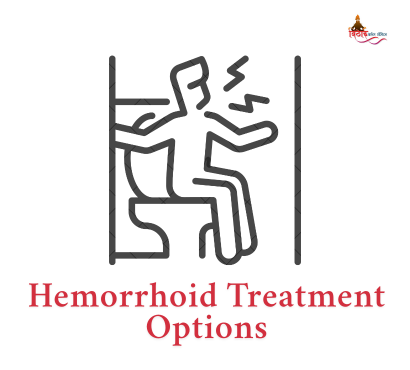Hemorrhoids (commonly known as piles) affect a large portion of India’s population—especially those with sedentary jobs, poor diets, or chronic constipation. While the condition is not life-threatening, it can severely affect your daily comfort, bowel habits, and confidence.
The good news? Piles are treatable at every stage—whether mild or severe.
In this blog, we break down the most effective treatment options, starting from natural remedies to minimally invasive surgeries.
🔍 What Are Hemorrhoids?
Hemorrhoids are swollen veins in the lower rectum and anus. They can be internal (inside the rectum) or external (under the skin around the anus).
Common symptoms:
- Pain during bowel movements
- Bleeding (bright red blood)
- Itching or irritation
- Swelling around the anus
- A feeling of incomplete evacuation
🔁 Causes of Hemorrhoids (Especially in India):
- Chronic constipation due to low fiber diet
- Prolonged sitting (especially on Indian-style toilets)
- Straining during defecation
- Pregnancy and childbirth
- Obesity and lack of exercise
- Excessive consumption of spicy food or non-veg
🏡 Home Remedies for Mild Hemorrhoids
Many mild cases can be managed effectively at home—especially in the early stages (Grade I and Grade II piles).
1. High-Fiber Diet
A diet rich in fiber softens stool and reduces strain.
✅ Include:
- Whole grains (daliya, oats)
- Green leafy vegetables (palak, methi)
- Fruits (papaya, banana)
- Legumes and lentils (dal, rajma)
💧 Drink 2-3 liters of water daily to support digestion.
2. Warm Sitz Baths
Soaking your anal area in warm water (15–20 minutes) 2–3 times a day helps reduce swelling and relaxes the muscles.
3. Over-the-Counter Ointments
- Topical creams with hydrocortisone or lidocaine
- Witch hazel-based pads
- Coconut oil or aloe vera for natural soothing
4. Ice Packs
Cold compresses can reduce pain and inflammation around the anal area.
5. Avoid Straining
- Don’t delay nature’s call.
- Use a footstool to raise your knees—this improves angle and ease during defecation.
- Avoid long hours on the toilet.
🌿 Ayurvedic and Natural Remedies (Used Widely in India)
- Triphala churna – A mild laxative to ease constipation
- Isabgol (psyllium husk) – Adds bulk to stool
- Arshkalp vati – Herbal formulation for piles
- Buttermilk with rock salt and ajwain – Soothes the digestive tract
Note: Always consult a registered Ayurveda practitioner before trying any herbal supplement.
🧑⚕️ When Home Remedies Aren’t Enough
If symptoms persist beyond a few weeks—or if you experience severe pain, persistent bleeding, or prolapsed hemorrhoids—it’s time to consult a proctologist or colorectal surgeon.
They’ll recommend further management based on the grade of hemorrhoids.
📊 Classification of Hemorrhoids
| Grade | Description | Common Symptoms | Treatment Options |
| I | Swelling, no prolapse | Bleeding | Home remedies, medication |
| II | Prolapse during strain, retracts on its own | Discomfort | Banding, sclerotherapy |
| III | Prolapse, needs manual pushback | Pain, bleeding | Surgery or laser |
| IV | Prolapsed permanently | Severe pain | Surgery |
🩹 Non-Surgical Procedures
1. Rubber Band Ligation (Banding)
A rubber band is placed around the base of the hemorrhoid to cut off blood supply—it falls off in a few days.
✔️ Quick, done in OPD
✔️ Effective for Grade II–III piles
2. Sclerotherapy
A chemical solution is injected to shrink the hemorrhoid.
✔️ Best for internal piles
✔️ Minimal pain
✔️ Done in outpatient setup
3. Infrared Coagulation (IRC)
A beam of infrared light is used to cut blood supply to the piles.
✔️ Modern and safe
✔️ Mild discomfort
✔️ No cuts or stitches
🔬 Surgical Options
If other methods fail, or in Grade III & IV, surgery becomes necessary.
1. Conventional Hemorrhoidectomy
This involves complete removal of hemorrhoids using surgical tools.
✔️ Long-term relief
✔️ Requires hospital stay
❗ May have more post-op pain
2. Stapler Hemorrhoidectomy (PPH)
The prolapsed hemorrhoid is repositioned and stapled.
✔️ Less pain than traditional surgery
✔️ Faster recovery
❗ Costlier option
3. Laser Surgery for Piles (Trending in India)
Laser is used to shrink and remove hemorrhoidal tissue.
✅ Benefits:
- No cuts, no stitches
- 1-day hospital stay or daycare
- Minimal bleeding and pain
- Fast recovery
🚀 Many urban centers across India (Mumbai, Delhi, Pune, Bangalore) now offer laser proctology clinics with same-day discharge.
🏥 Post-Treatment Care and Prevention
✅ Tips for long-term relief:
- Maintain a high-fiber diet
- Stay hydrated
- Avoid sitting for long hours
- Exercise regularly (walking, yoga)
- Manage weight
- Treat constipation promptly
🚫 Don’t Ignore the Signs
Bleeding, pain, or swelling around the anus can sometimes indicate other conditions like fissures, fistula, or even rectal cancer. Always get a medical diagnosis before assuming it’s just piles.
Hemorrhoids may be uncomfortable—but you don’t have to live with the pain. Whether you choose home remedies, Ayurveda, or laser surgery, there’s a treatment path for every stage and preference.
The earlier you act, the simpler the solution. Don’t delay care—especially when relief can be fast, safe, and permanent
FAQs
Q1. Are hemorrhoids permanent?
No. Early-stage piles can be reversed with lifestyle changes. Chronic or advanced hemorrhoids may require medical or surgical intervention.
Q2. Is laser surgery safe for piles?
Yes. Laser treatment is highly effective, safe, and minimally invasive with a fast recovery period. It’s widely available in Indian metro cities.
Q3. Which doctor should I consult for piles?
A proctologist, colorectal surgeon, or general surgeon can diagnose and treat hemorrhoids. Always seek help if symptoms persist beyond a week.

